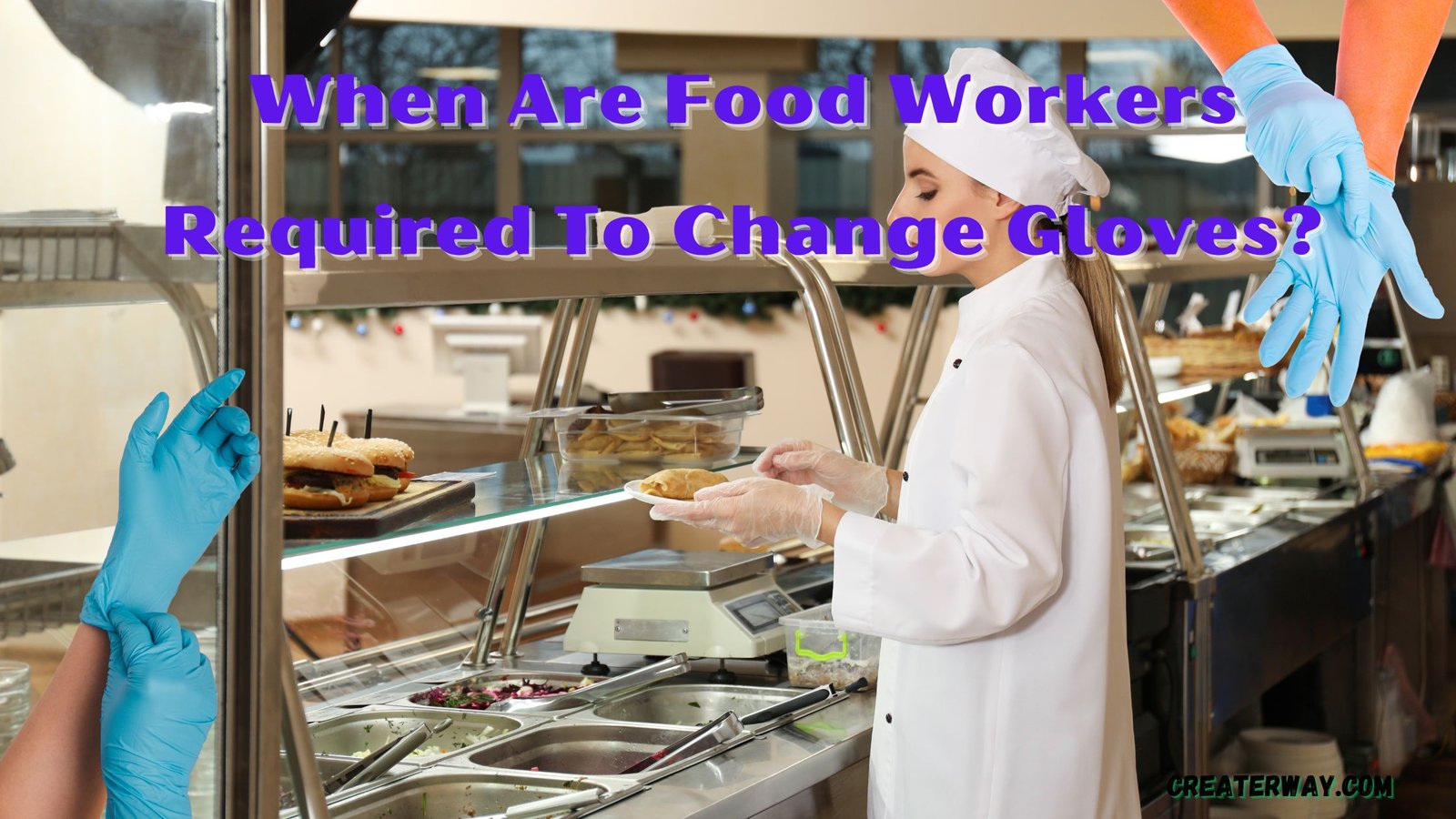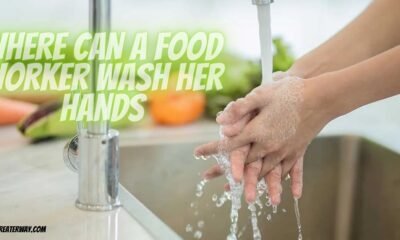FOOD
When Are Food Workers Required To Change Gloves?

Food Workers Required To Change Gloves !! Food workers need to know when to change their gloves, whether as line cooks, seasoned chefs, or home cooks. Food safety is of the utmost importance in the culinary industry, and using gloves correctly is essential to preventing contamination and guaranteeing the health and safety of patrons and employees.
Considering Food Safety
Not only is food safety a good idea, but it’s frequently required by law. While regulations differ from place to place, most nations have strict policies to ensure food safety—companies who don’t comply risk dire repercussions.
Food Workers Required To Change Gloves
Frequent Glove Changes
Among the critical requirements of food safety regulations is the need for food handlers to change gloves regularly.
Here’s why:
- After Handling Raw Meat: Raw meat poses a higher risk of bacterial contamination. Changing gloves after handling raw meat prevents harmful microorganisms from transferring to other tasks.
- Switching Between Food Items: Workers should change their gloves Whenever they transition from preparing one type of food to another. This practice prevents cross-contamination and ensures the safety of all dishes.
- Touching the Face or Hair: Food workers must avoid touching their face or hair while wearing gloves. Regular glove changes help maintain hygiene and prevent potential contamination.
The Importance of Proper Glove Usage
Not only is it convenient to wear gloves, but it’s also necessary to uphold strict cleanliness regulations. In addition to acting as a barrier against contamination, gloves guarantee that the food being cooked is safe to eat.
- How Often Should Gloves Be Changed?: Gloves must be changed every four hours if a worker performs the same task. This duration allows enough time for pathogens to multiply to dangerous levels. Additionally, gloves should be changed immediately if they become contaminated.
- Other Instances Requiring Glove Changes:
- Before handling a different type of food
- After touching anything that could contaminate hands
- After coughing or sneezing
- When gloves are ripped or torn
Remember, glove use alone cannot stop the spread of pathogens. Food workers must also wash their hands regularly.
In A Synopsis When Are Food Workers Required To Change Gloves?
Food workers are essential to preserving food safety. Following the correct glove-changing procedures, we help ensure everyone has healthier meals and safer eating experiences. So remember this the next time you’re in the kitchen: we owe it to ourselves and our clients, not only as a duty, to change our gloves.



